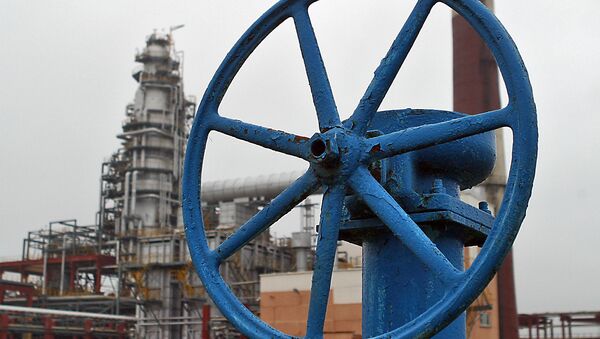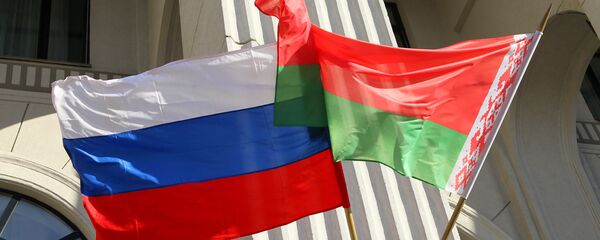"Since April 2017, all the capacities of Belarusian refineries that are available, taking into account the ongoing reconstruction, have been loaded, and the volumes of export of oil products depend not on the available volumes of raw materials, but on the current productivity of refineries and market conditions. Yes, we have actually lost a part of the revenues from the reduction in production and sales of oil products in 2016. At the same time, I hope that the agreed updated approaches to energy cooperation and further steps to create a unified energy market will not only compensate these costs, but, most importantly, will lead to mutual benefit for both Belarus and Russia in the medium and long term," Petrishenko said.
In 2016, the energy dispute between Moscow and Minsk escalated after the latter called Russian gas prices unfair. By 2016, Belarusian debt for Russian gas reached $270-$300 million, with Minsk refusing to acknowledge the debt.
In April, Russian Energy Minister Alexander Novak and Belarusian Deputy Prime Minister Vladimir Semashko signed four agreements settling the issue, setting the gas price for Belarus at less than $130 per 1,000 cubic meters. The documents were signed shortly after Russia’s energy giant Gazprom announced that Minsk had fully repaid its debt to the company in the amount of $726.2 million for gas supplied in 2016-2017.


